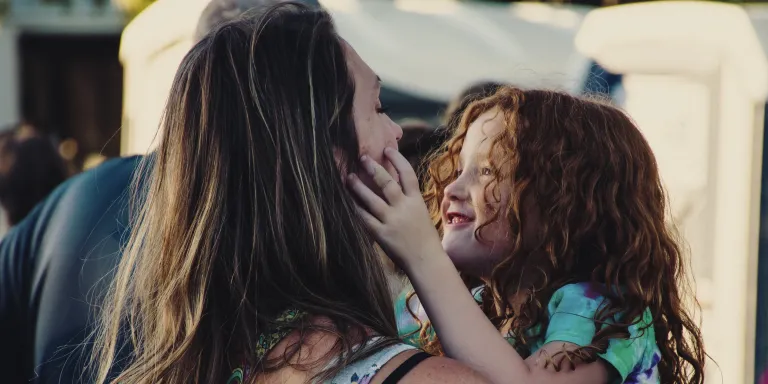
The unfolding COVID-19 pandemic has undeniably inflicted wounds on many areas of our lives: mental health, relationships and the economy to name but a few.
Just as health research has discovered that some people are suffering from the long-term physical effects of the coronavirus - the so called ‘long-Covid’ - our own research is finding that the pandemic, lockdowns and associated restrictions imposed will likely have an enduring impact on our relationships.
Over the past few months, we collected data from over 1,000 people in the UK as part of the University of Worcester and Relate’s Families Un-locked research study. We asked people to reflect on the effects of the first lockdown, during spring 2020, on their families and relationships.
More than 800 participants were in couple relationships – the majority being married or in a committed relationship - and about half were parents with children aged under 18 living in their household during the pandemic. Importantly, a third of respondents were employed in a ‘key worker’ occupation during the pandemic and a similar proportion reported that their spouse/partner were also key workers.
Lockdown placed added strain on struggling relationships
Almost half of the couples (45%) felt that lockdown put a real strain on their relationship. A quarter reported that worrying about the pandemic caused tension in their relationship and a similar proportion reported that money worries placed added pressure on their relationship.
Concerningly, almost a third of couples reported that lockdown had a negative impact, worsening their already struggling relationships. It is noteworthy that among these couples a third were key workers and couples with partners who were key workers, pointing to the additional strain that they felt under.
Parents felt overwhelmed
The vast majority of parents in the study reported enjoying spending time with their children during lockdown, however, three quarters felt overwhelmed by the childcare responsibilities and have been anxious about their children’s education.
Fear for the future
A significant finding of the study points to people’s fears for the future and how the impacts of the pandemic might affect them socially and economically. A third of participants reported feeling worried about the future most of the time and a quarter worried that nothing will ever be the same again.
"We have become a society plagued by high levels of fear and anxiety, and this fear will linger around for a long time, just like ‘long-Covid’, changing people’s behaviour" said Professor Janet Walker OBE, Relate President and Research Advisor to the study.
"There will be scars and we will behave differently towards each other. We need to look at how we manage this ‘long-Covid’ in our relationships going forwards."
Searching for ‘ordinary magic’
One of the remarkable findings of the study is that just over a third of couples (36%) felt that lockdown has been a positive experience for them; and about four in 10 couples reported that following lockdown they felt they were closer than before, despite also feeling tension in their relationship and both partners worrying. These findings point to the underlying resilience in family relationships which enables couples to thrive and bring each other closer despite facing adversity.
A narrow focus on what has been bad about the pandemic and its scars on our families and relationships will miss the opportunities that this crisis has inadvertently given us. These include changing our ways of relating to each other that have been taken for granted and the opportunity to find better and more sensitive ways to support each other in the future.
As we approach the landmark of a year since the World Health Organization has declared the COVID-19 outbreak a global pandemic, it is important to find a moment to stop, reflect and search for the ‘ordinary magic’ of resilience in what undoubtedly has been an extraordinary time for individuals, couples, parents, families and society.
How we can help
If you’re looking for support with your relationships, we can help. We offer a range of ways to speak with a trained relationship expert including ongoing counselling, 30 minute web and phone chats, and one session therapy.
Find out which service is right for you
How you can help
Have you found this advice helpful? Make a donation to help us reach more people and continue supporting the nation’s relationships:
Can't afford to donate? We understand. Instead, we ask that you leave us a 5 star review on Trustpilot.